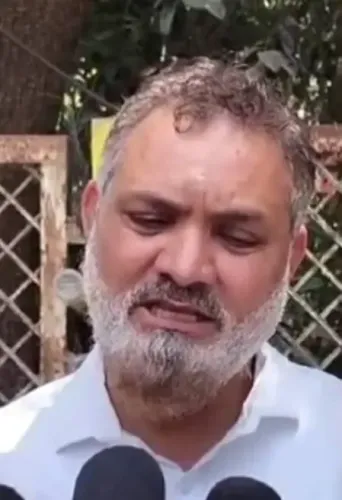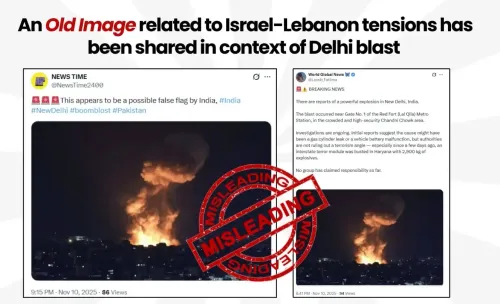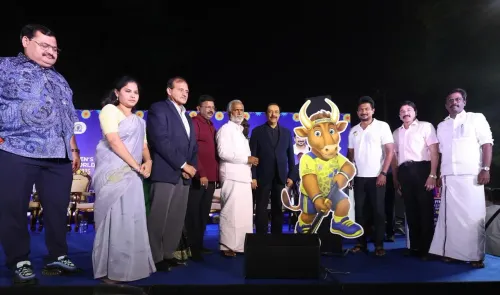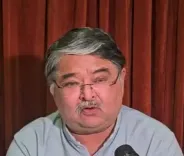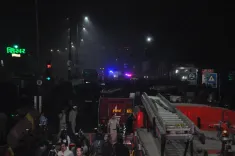What is PM Modi’s Vision for UNSC Reform?
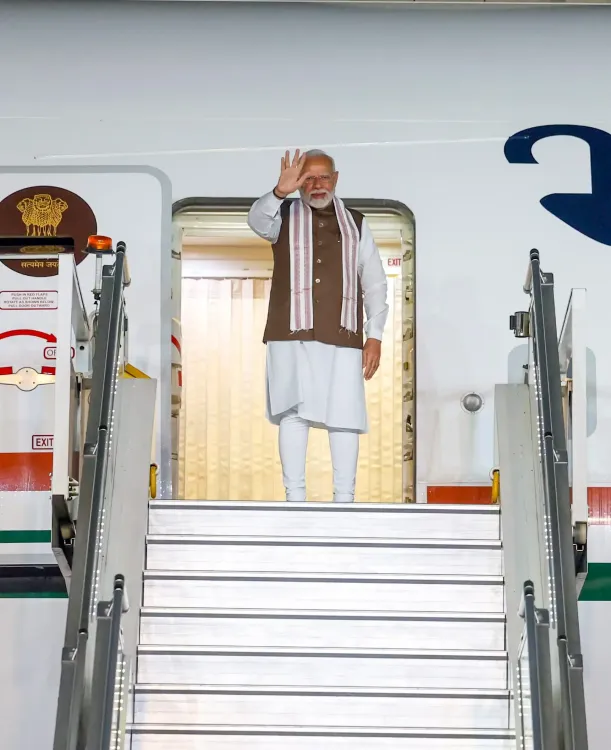
Synopsis
Key Takeaways
- UNSC reform is essential for global legitimacy and efficiency.
- PM Modi’s leadership is pivotal in the Global South’s push for change.
- The Pact of the Future outlines key commitments for reform.
- Increased representation for developing nations is a core objective.
- Historical injustices and inequalities in governance need addressing.
New Delhi, Sep 17 (NationPress) The reform of the UN Security Council (UNSC) is a pivotal topic at this year’s General Assembly (UNGA), primarily driven by the unwavering initiatives of the Global South, with Prime Minister Narendra Modi leading the charge. “The Security Council's current structure does not reflect today's world; it mirrors the circumstances of 1945. This discrepancy leads not only to issues of legitimacy but also hampers efficiency,” remarked UN Secretary-General Antonio Guterres during a recent press briefing in New York, coinciding with celebratory events for Modi’s birthday in India.
Guterres’ statements resonate with Prime Minister Modi’s remarks at last year’s UNGA. “The progress of humanity hinges on our collective strength rather than conflicts. For global peace and development, it is imperative that we reform our global institutions. Reform is the pathway to relevance!” Modi asserted at the UN 'Summit of the Future' on September 23, 2024.
He highlighted the significance of G20 permanent membership for the African Union during the New Delhi Summit as a vital step in this reform journey.
The Pact of the Future, a multilateral agreement ratified at the 2024 Summit, outlines commitments aimed at transforming global governance, enhancing sustainable development, promoting climate initiatives, and fortifying multilateral collaboration through actionable follow-up mechanisms.
This agreement uniquely incorporated a dedicated section advocating for UNSC reform, calling for expanded and more representative membership while initiating text-based negotiations on reform proposals within a specified timeframe.
Additionally, the Pact included a Global Digital Compact and a Declaration on Future Generations, establishing deadlines for reviews of these initiatives to ensure accountability and ongoing dialogue (reviews scheduled for 2027 and 2028).
The accord emphasizes the necessity of rectifying historical injustices (particularly regarding Africa), mitigating inequalities in science and technology, and reforming the international financial system to grant developing nations enhanced representation.
Modi publicly endorsed the inclusion of UNSC reform in the Pact of the Future, describing it as a “promising start,” thus reinforcing India’s advocacy for initiating text-based negotiations on reform within a defined timeframe.
Under Modi's leadership, India has utilized the language of the Pact to advance long-standing national goals, particularly the demand for a more representative UNSC and a permanent seat for India, framing these requests as part of a broader aspiration for a fairer and more effective global order.
“Asia, comprising 60 percent of the global population, has only one permanent member—China. Meanwhile, the world’s third, fourth, and fifth largest economies (Germany, India, and Japan) lack permanent representation,” commented an ORF America article titled ‘The Urgent Need for UN Security Council Reform’ earlier this year.
“Africa, which represents 25 percent of UN members, has no permanent UNSC members, even though about 60 percent of UNSC resolutions pertain to Africa. Consequently, UN member states are increasingly turning to alternative multilateral and regional organizations, such as the G20, G7, BRICS-plus, the Quad, and the African Union, to tackle multilateral challenges,” it added.
While the reform process may take time to unfold, the outcomes of the 80th session of the UNGA in New York remain to be seen.
As Modi approaches his 75th birthday, he has numerous commitments to fulfill and challenges to address before he can consider taking a respite.

